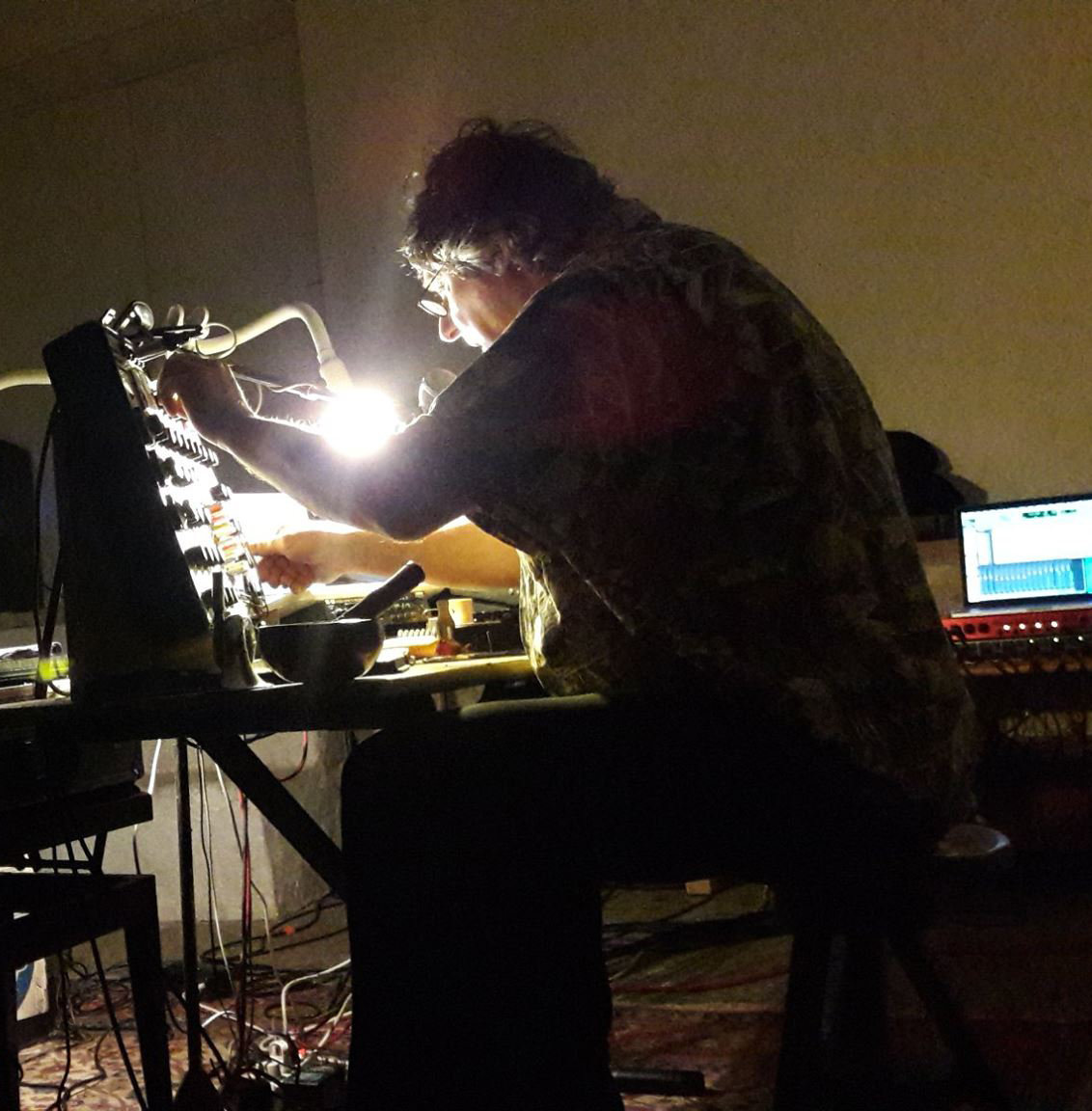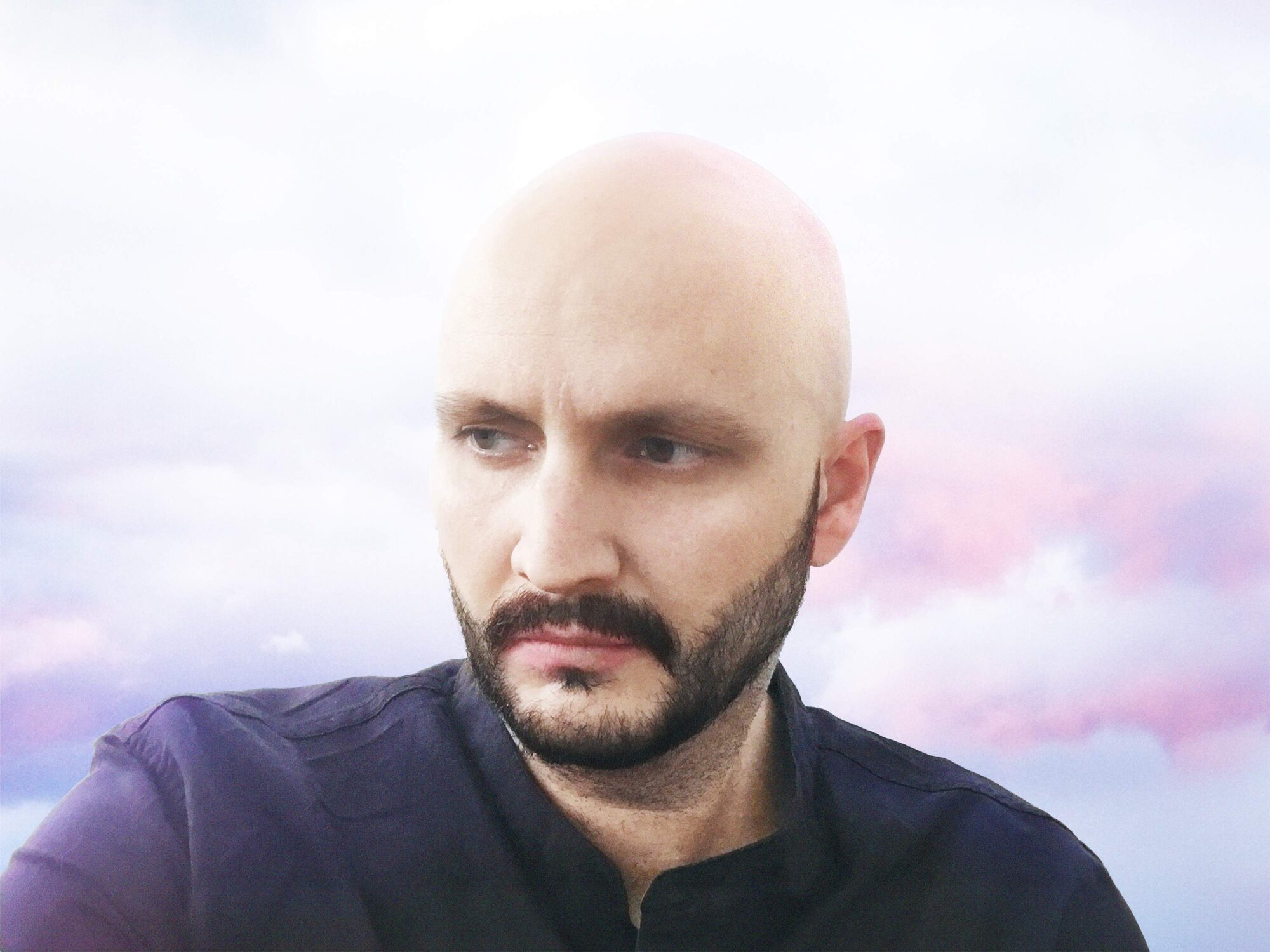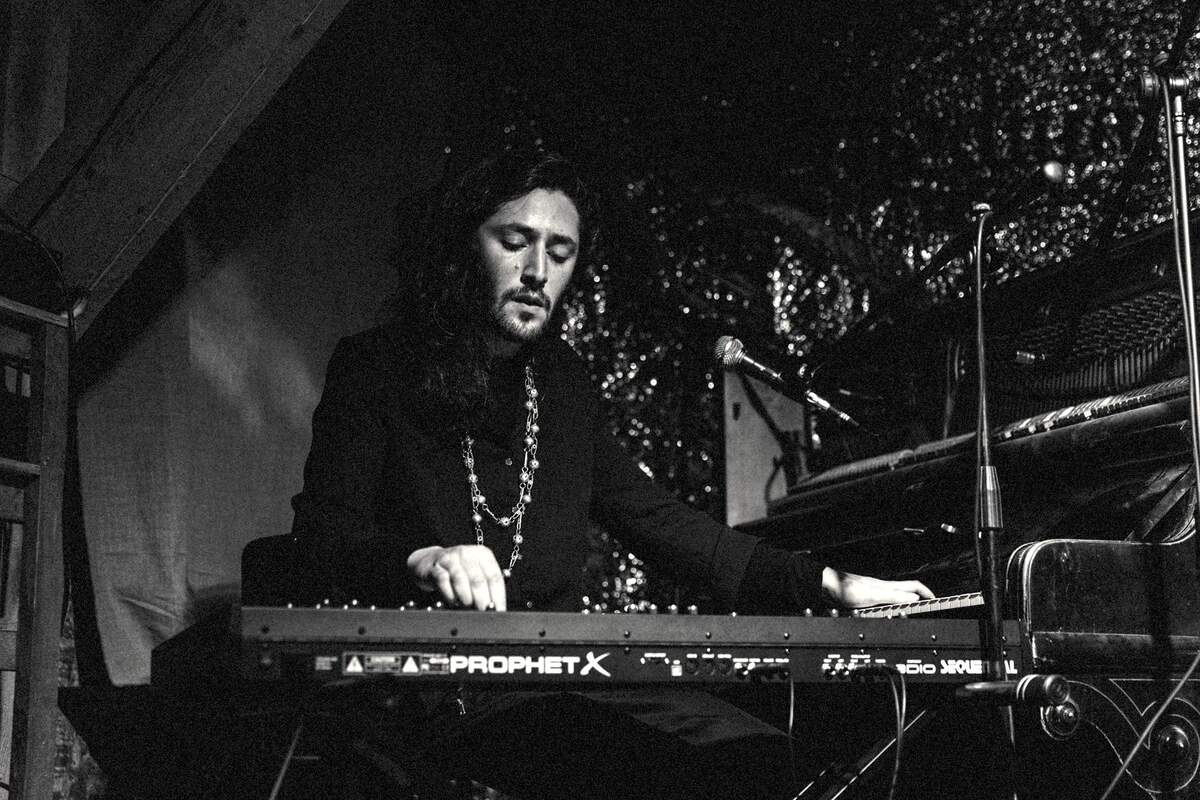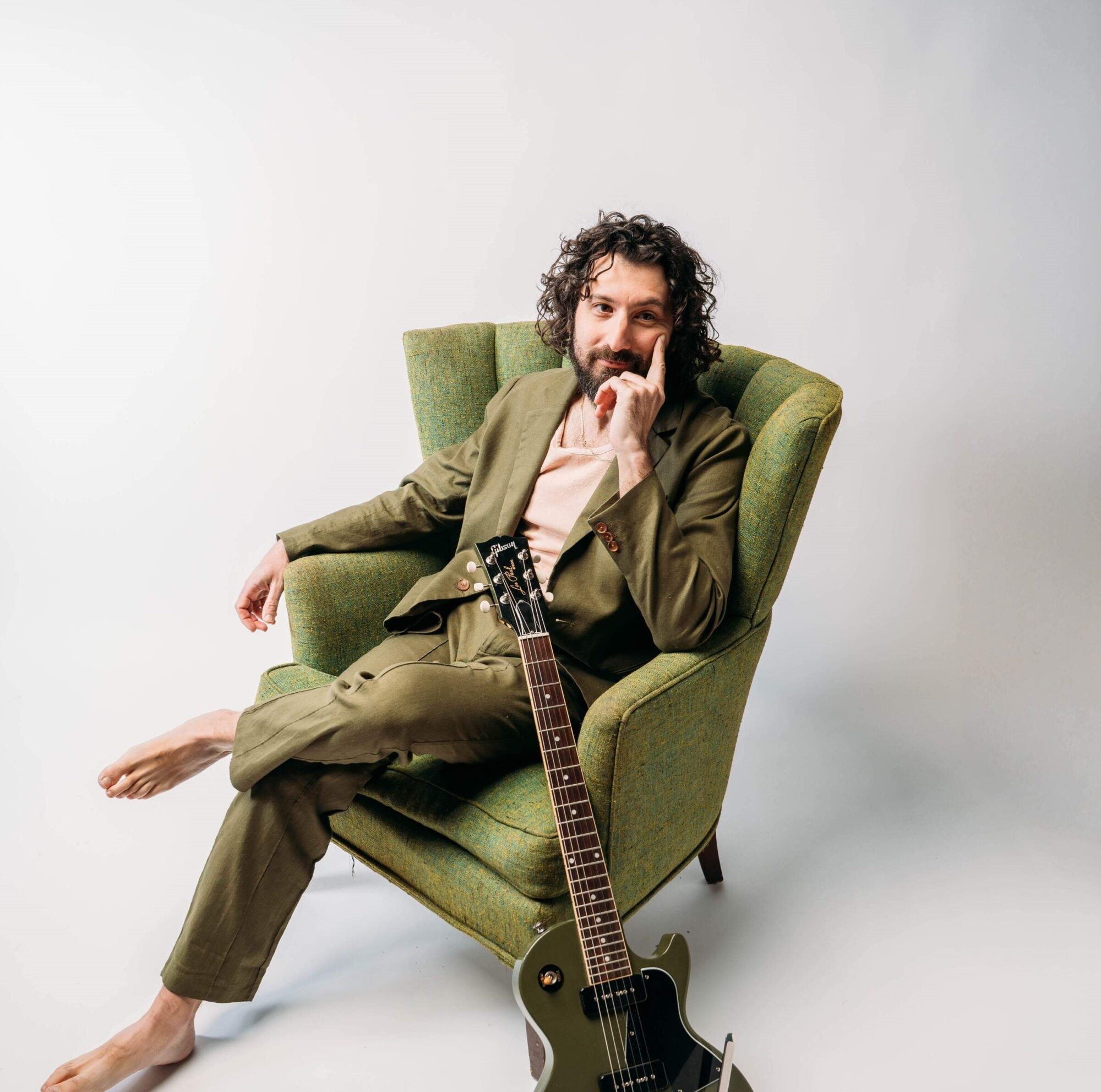Jean-Marc Foussat | Interview | Experimental electroacoustic musician …
Jean-Marc Foussat is an experimental electroacoustic musician, improviser, guitarist, VCS synths performer, label founder and sound engineer. He co-founded Potlatch label with Jacques Oger and participated in its activity from 1997 to 2002. Foussat also started Fou Records in 2012.
Jean-Marc began his career in the mid-1970s playing guitar and synthesizer in several experimental bands including Mandragore, Lézard Marçio, Phyllauxckzairrâh N° III, and Carte Postale. He soon became more interested in vintage portable analog synthesizers and musique concrete tape collages, gradually moving away from guitar bands towards solo electronic concerts and studio work in solitude.
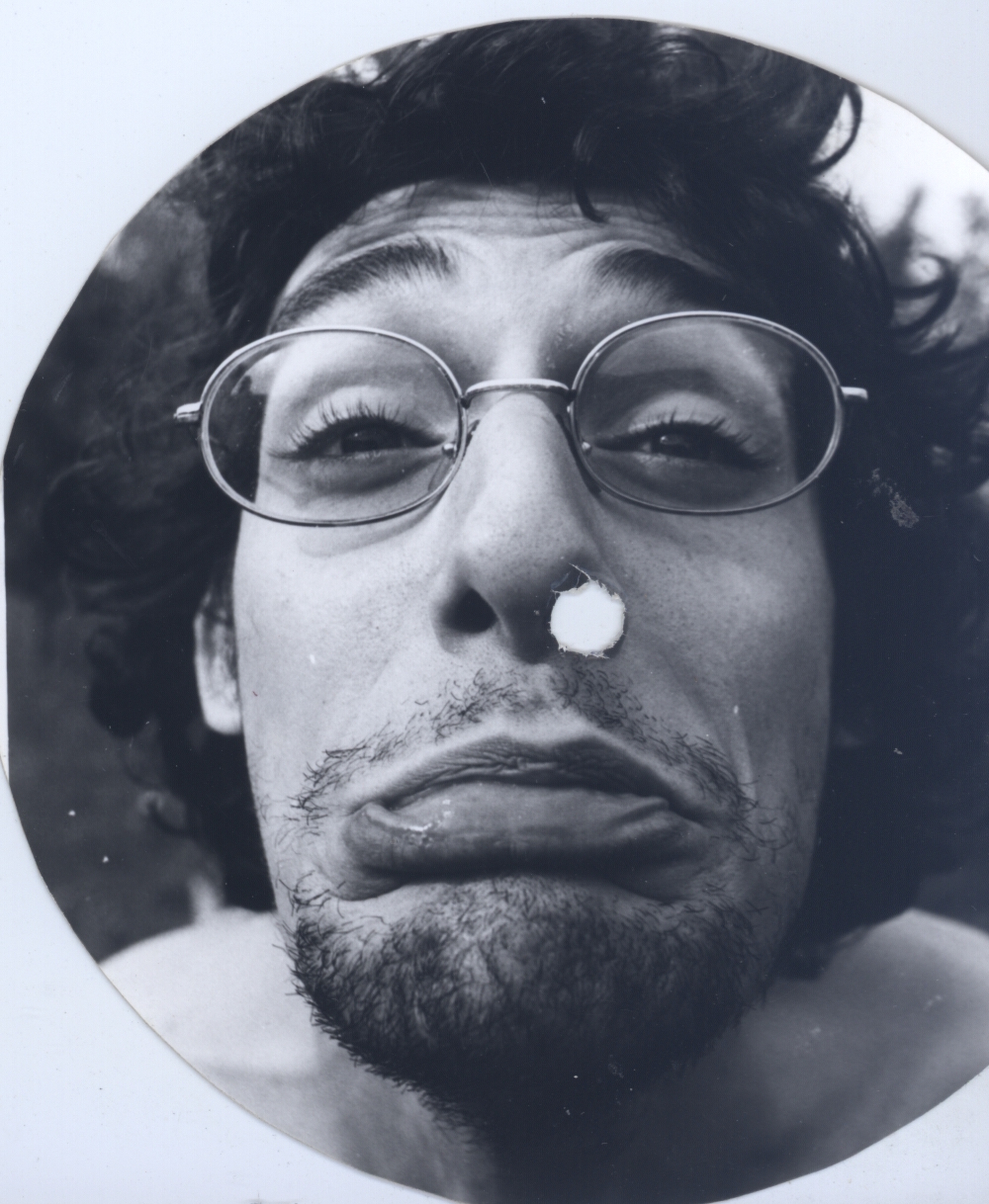
You were born in Oran, Algeria. Was music a big part of your family life?
Jean-Marc Foussat: Yes, I was born in Algeria. I think if my father hadn’t been a music lover and fundamentally curious, and if I hadn’t wanted to be like him, I would be very different today.
Are you influenced by Algerian culture when it comes to music making?
I had very little contact with Arab-Andalusian music. I appreciate it intellectually, but it is not part of my heart. There’s one song, revolutionary, and of the FLN (National Liberation Front), which marked me because I remember it very well and it often comes to my mind.
When did you begin playing music? What was your first instrument?
I started playing music when I was three years old. I wanted to know how to whistle to imitate my father. Even today I love to whistle. However, I don’t know how to whistle with two fingers, which I have always considered a flaw. Returning from Algeria in 1968, my aunt gave me a small classical guitar which was my first real instrument. I wrote adolescent-style poems and it was while playing my tunes that I formed my first band in Rueil-Malmaison with a friend from high school who played bass guitar and another who played percussion. I recorded these tunes, then foolishly ashamed, destroyed them. Today I regret bitterly (perhaps this is one of the only things I really regret).
Was there a certain moment when you knew you wanted to become a musician?
I believe there are two moments. The one where I wanted to become a musician, and the one where I realized that I was a musician. The first has a sort of beginning that dates back to 1970 when I arrived in Massy. The second is the result of a long maturation that began when I wanted to whistle to act like my father. This effective awareness has made me stop drinking alcohol. I suddenly realized when I turned on my Synthi it would be me who was going to play my music instead of the alcohol doing it.
Tell us about your teenage room, what kind of records and books would we find there?
I had a lot of books mainly about anarchists…posters of peace movements et cetera. Records were in the living room of the house as well as the turntable to listen to. When I was a teenager, I never listened to music alone. Music has always been friendly to me. It was only when I really started to practice, I isolated myself in my room. I continued to listen to music with others until the 80s when the circumstances – among other things related to paid work – made it more difficult.
Tell us how you first joined groups like Mandragore?
I actually never joined groups. I have always formed groups around me. At Massy high school, I had met friends who played and, yes, we got together to make music. But I always had the feeling that I was the origin of ideas and that it was me who gave direction to the music we played.
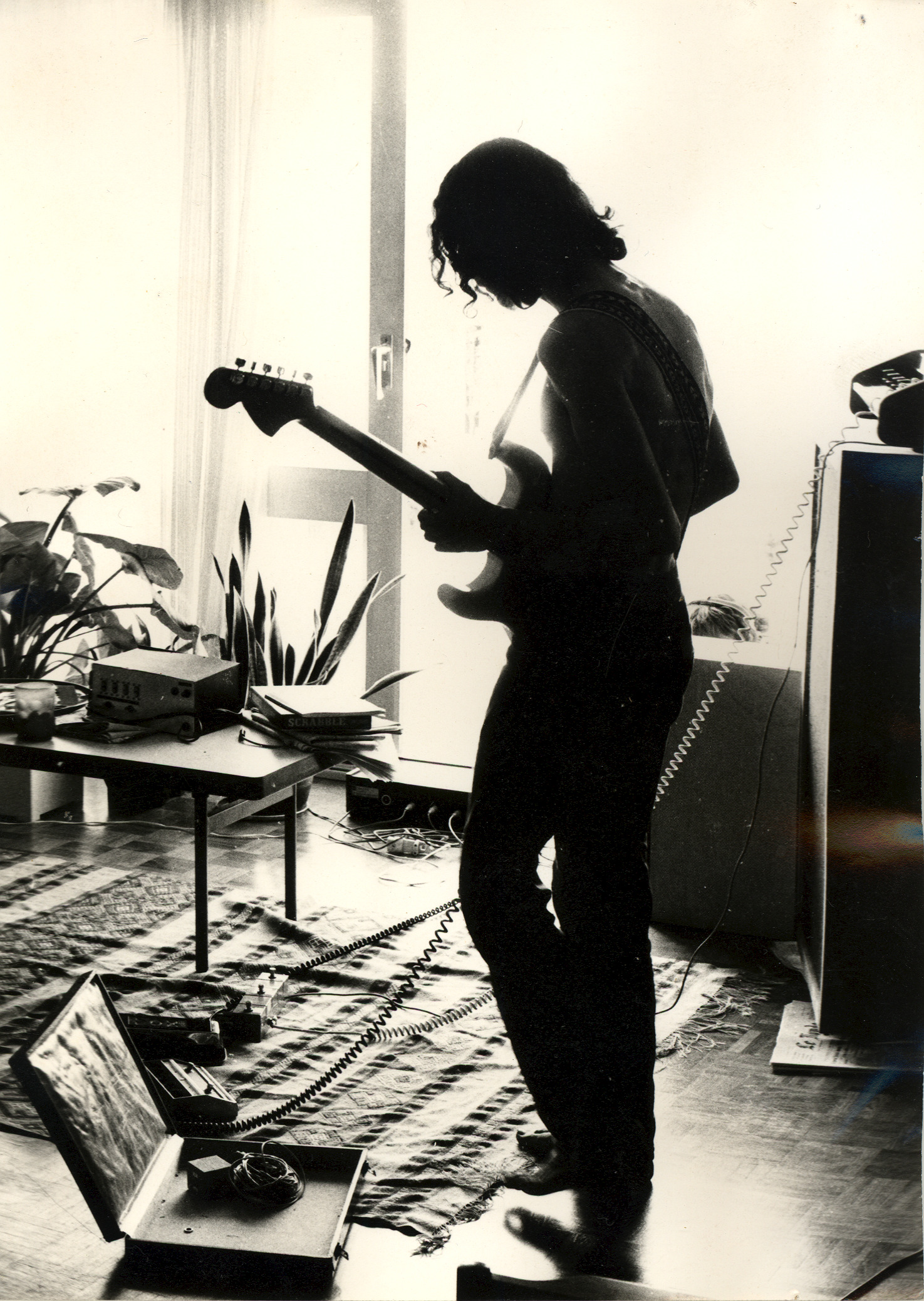
What about Lézard Marçio?
Lézard Marçio is the story of a failure for me because for the first time I did not know how to direct the project I had in mind. At the time, I experienced it all the more badly because the girlfriend I had at the time left me and my best friend probably took advantage of it to steal my guitar. I already played the synthesizer and I already hardly played the guitar anymore, but it happened in very bad circumstances and it was the trigger for a big depression that completely changed my life.
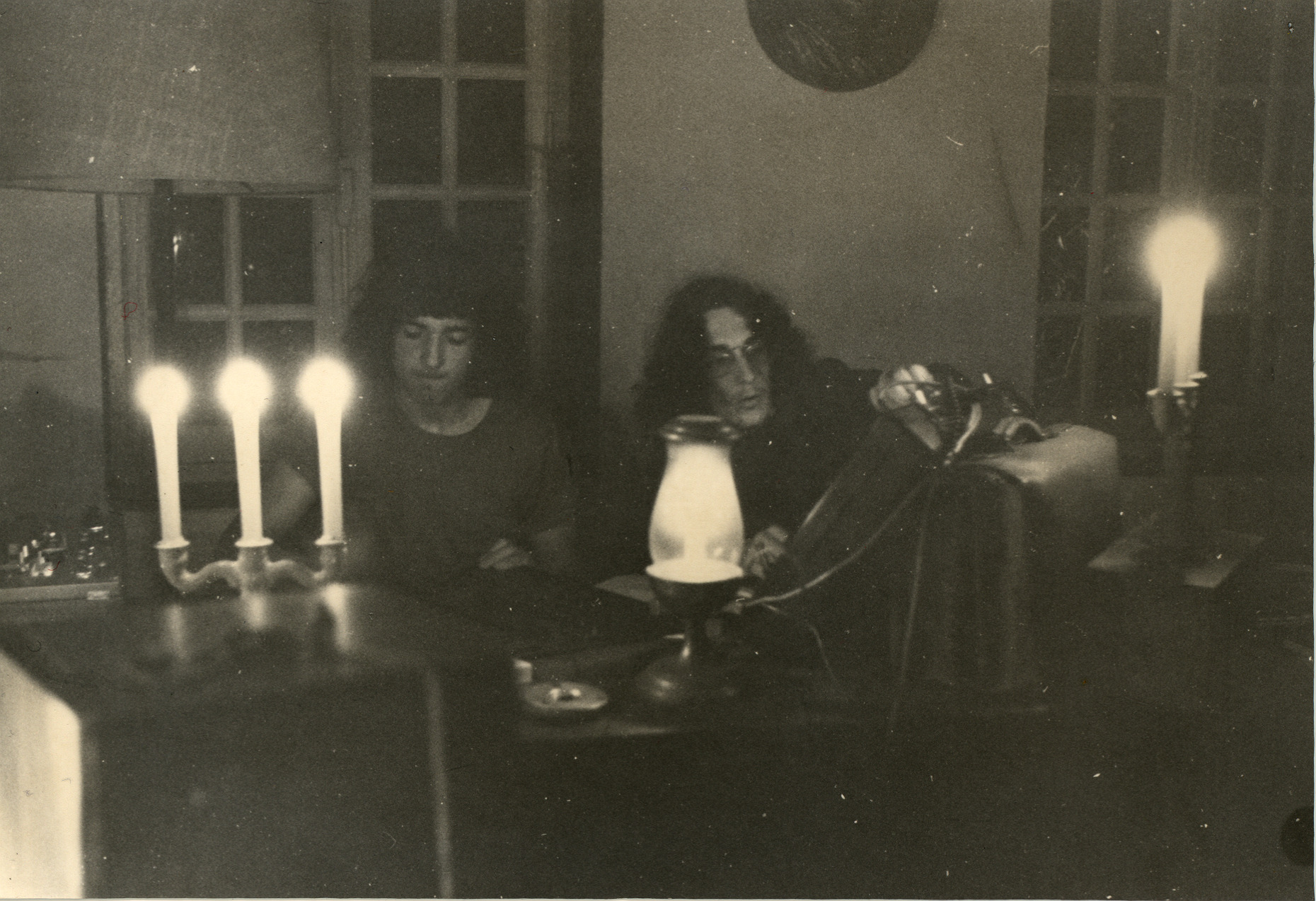
You were also in Phyllauxckzairrâh N° III and Carte Postale. Tell us more about the sound and ideas behind these projects…
The Phyllauxckzairrâh N° III was a group that played in the style of Gong and Soft Machine… or a bit like Pink Floyd. I didn’t really know very well what I wanted, so I trained my friends to try to do new things, starting from those bands that we loved to listen to.

Carte Postale is more complicated. It’s a completely solo thing. This is perhaps the first trace of what would later become ‘Abattage’. It’s clearly contemporary music or acousmatic music. It’s the result of my encounter with the synthesizer and of hundreds of hours of listening to records borrowed from Massy’s library, which was a marvelous mine, and of the radio which still opened people’s minds a little thanks to adventurous producers and curiosity.
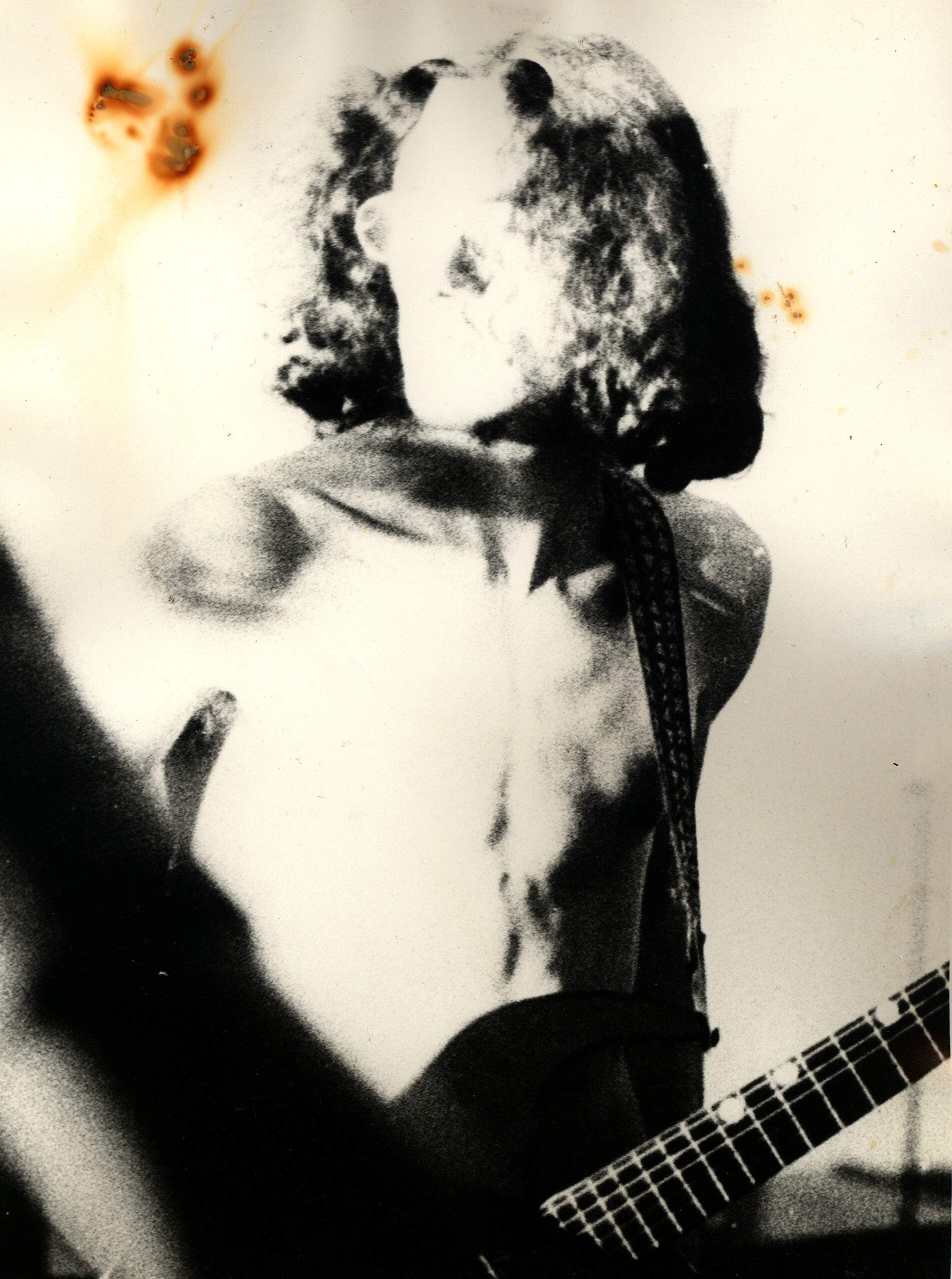
What in particular did you find interesting in synth? Was it the endless possibilities?
The meeting with the synthesizer was certainly not a solitary encounter. First it was while listening to records that we realized with my friend Jacques Sordoillet that we heard new sounds coming from instruments that we did not know. That’s how it started. What fascinated us was that it was an instrument that had no past. We immediately took it that way. It was therefore necessary to invent everything and therefore, if possible, to make something out of it. We didn’t give a damn about the possibilities of the instrument in question. We very quickly understood that it was a real instrument and not a machine and that it had to be treated as such.
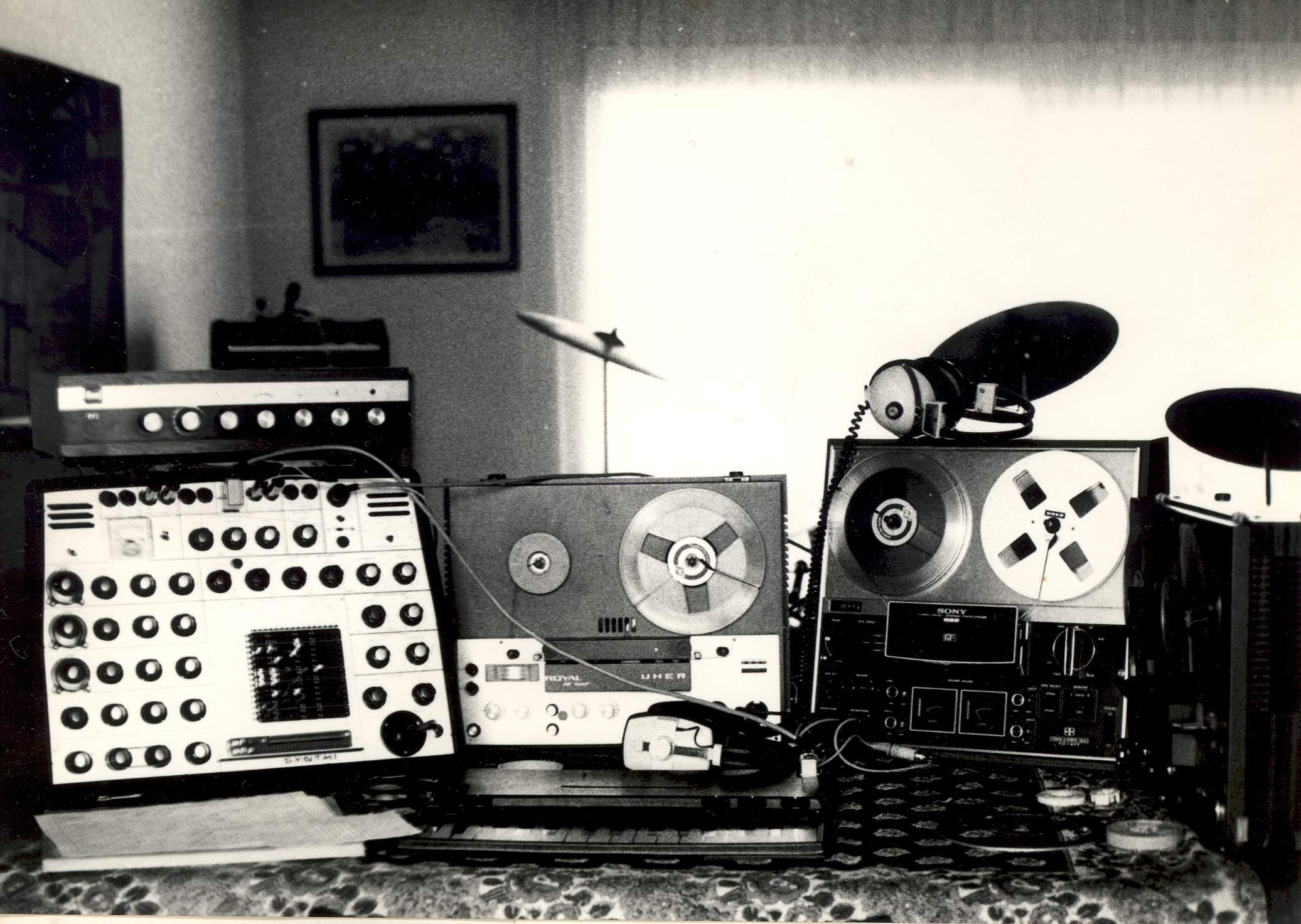
What led you to start working on your solo album, ‘Abattage’?
Well, it was a strange moment on my return from Forcalquier where I had worked for a while with Jean-Claude Roché in his studio at the Oiseau Musicien. I rented a tiny two-room apartment in Paris rue au Maire, close to de Beaubourg with a loft bed under which I had installed my VCS3 and the Revox… all in a permanent state of stand-by.
I think the whole thing had to work about as much but still not as long as the sewing machine of the Chinese, who lived in the apartment below (that I heard perfectly) never stopped!
One day, I recorded a sequence that I particularly liked with a rather beefy patch, so a serious big sound from the start. I really liked it. I recorded it as I did all my sequences at the time but this one required much more and I started to manipulate it very slowly and recorded these modifications. In fact the more I played with it, the more it was interesting and I grew bolder. I must have left it running for two or three days and nights (maybe more…???), coming back to it from time to time to see if it was still there and just as beautiful. If I had turned off the instrument, I would have lost it irretrievably. I recorded at least a good hour, maybe more. The reels were 35′ or 48′.
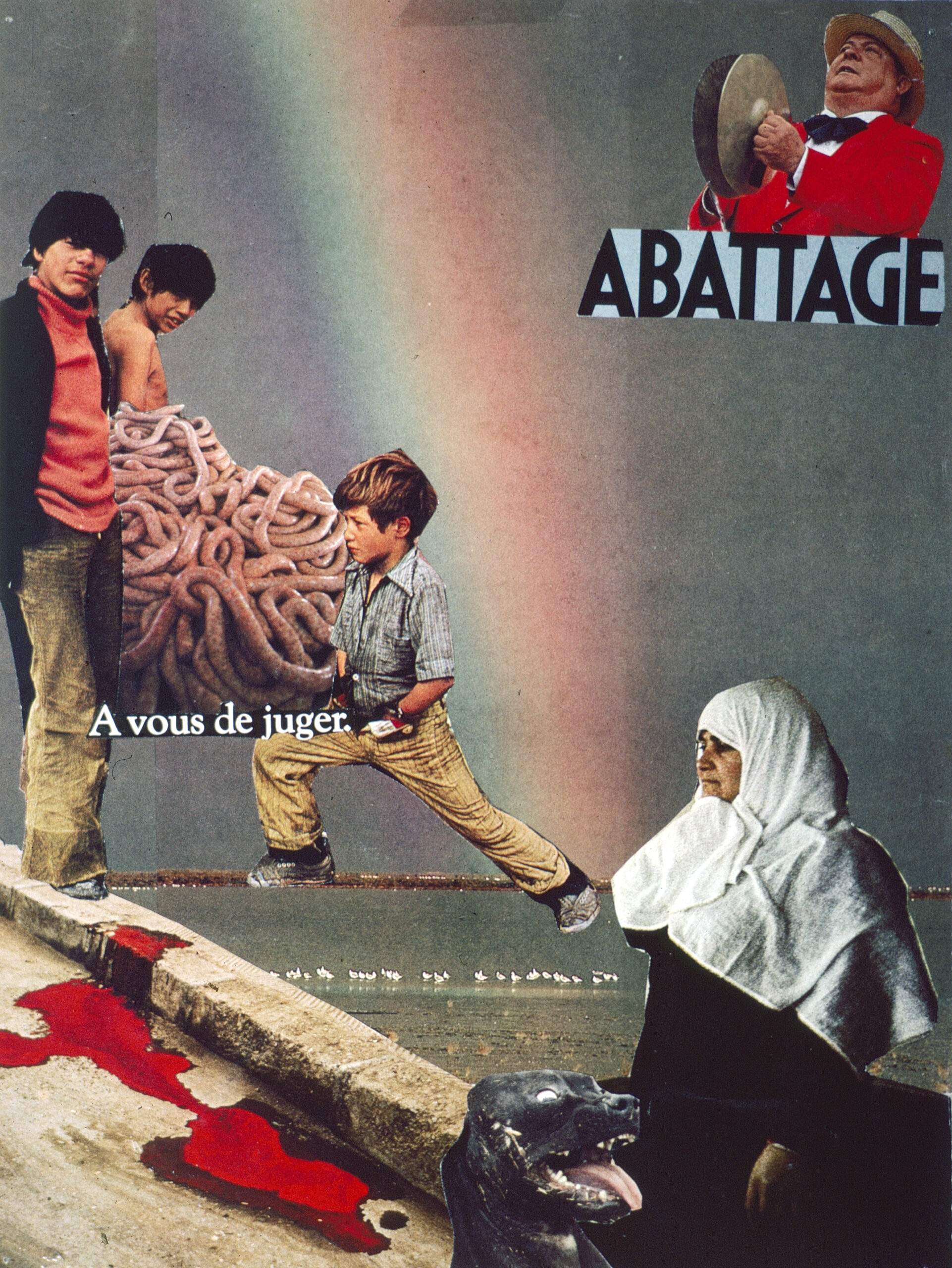
At the time, tape was too expensive for me and I started cutting it to keep only “the best”. A shame but I still kept a lot of it.
I already had everything else because I had kept all the recordings I had made of synthesizers and guitars at my parents’ house, of pianos at my grandmother’s, that I had already written and recorded. My friend Jean-François Ballèvre plays on ‘Ruines’. He encouraged me as only a friend can. Right away I thought that the piece I had just done in the street could only be called ‘Abattage’. The woman who was going to become the mother of my children and who made collages for it had just made one, which I liked very much, and which corresponded perfectly to this title.
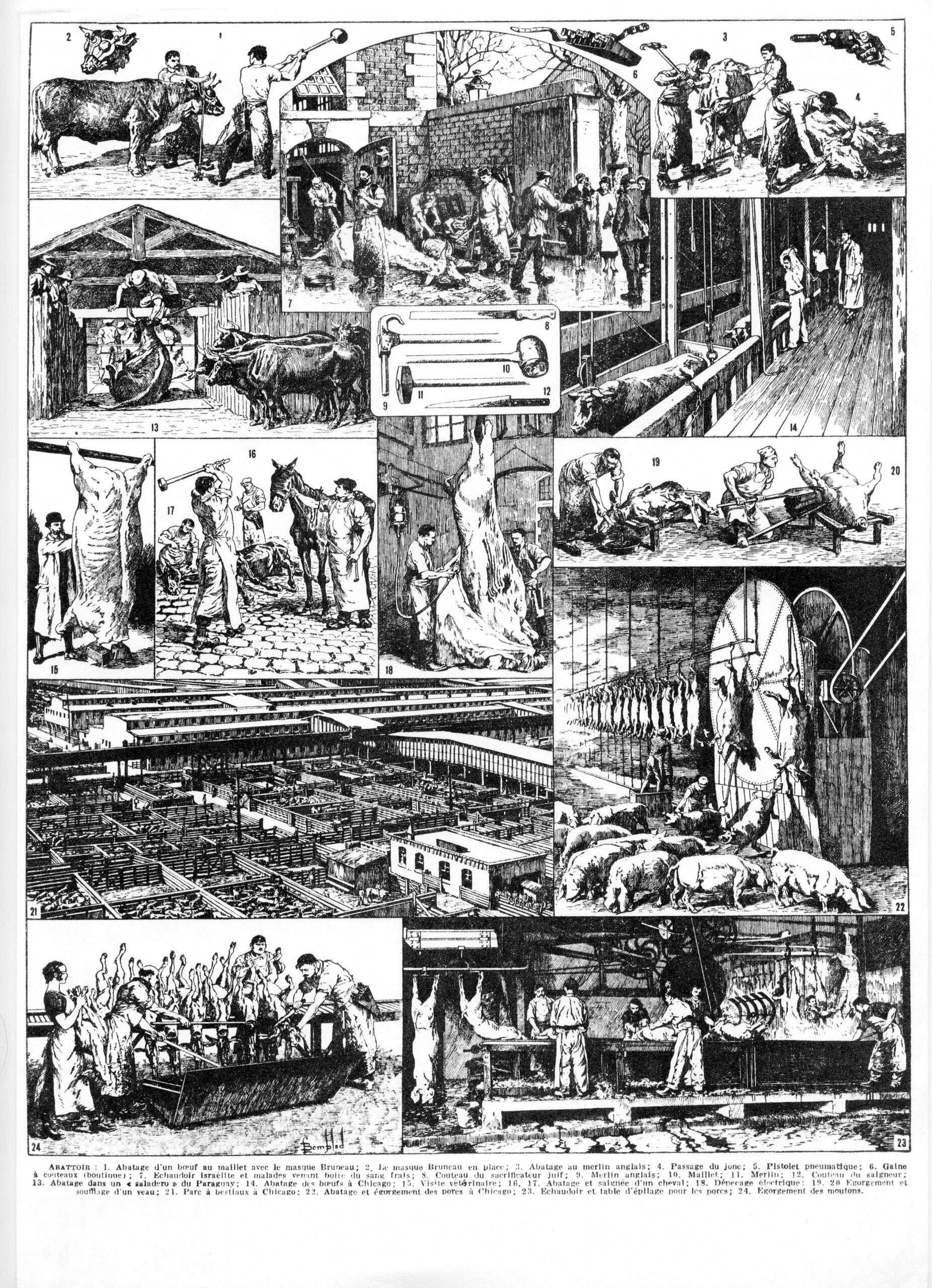
Just before the Winter of 1980 I started working on the record. I think I spent almost two months there. I was making tape after tape and listening to the demo recordings of ‘Abattage’ in the car, everywhere I went, all the time and very loudly. The last thing that was done for this record was the voice of Barbra Streisand. Jean-François Pauvros had told me that in the piece where he sings now, it was missing something, and I thought he was right. One day, I was in my parents’ dining room with all the equipment lit on the table after dinner. I was working on this piece that needed to be finished again and the song was played on the radio. I immediately knew it was her… so I stripped/rewired everything at full speed to be able to include the radio playing Barbra Streisand. It was almost magical because it was done in one take. And there you go! ‘Abattage’ is finished.
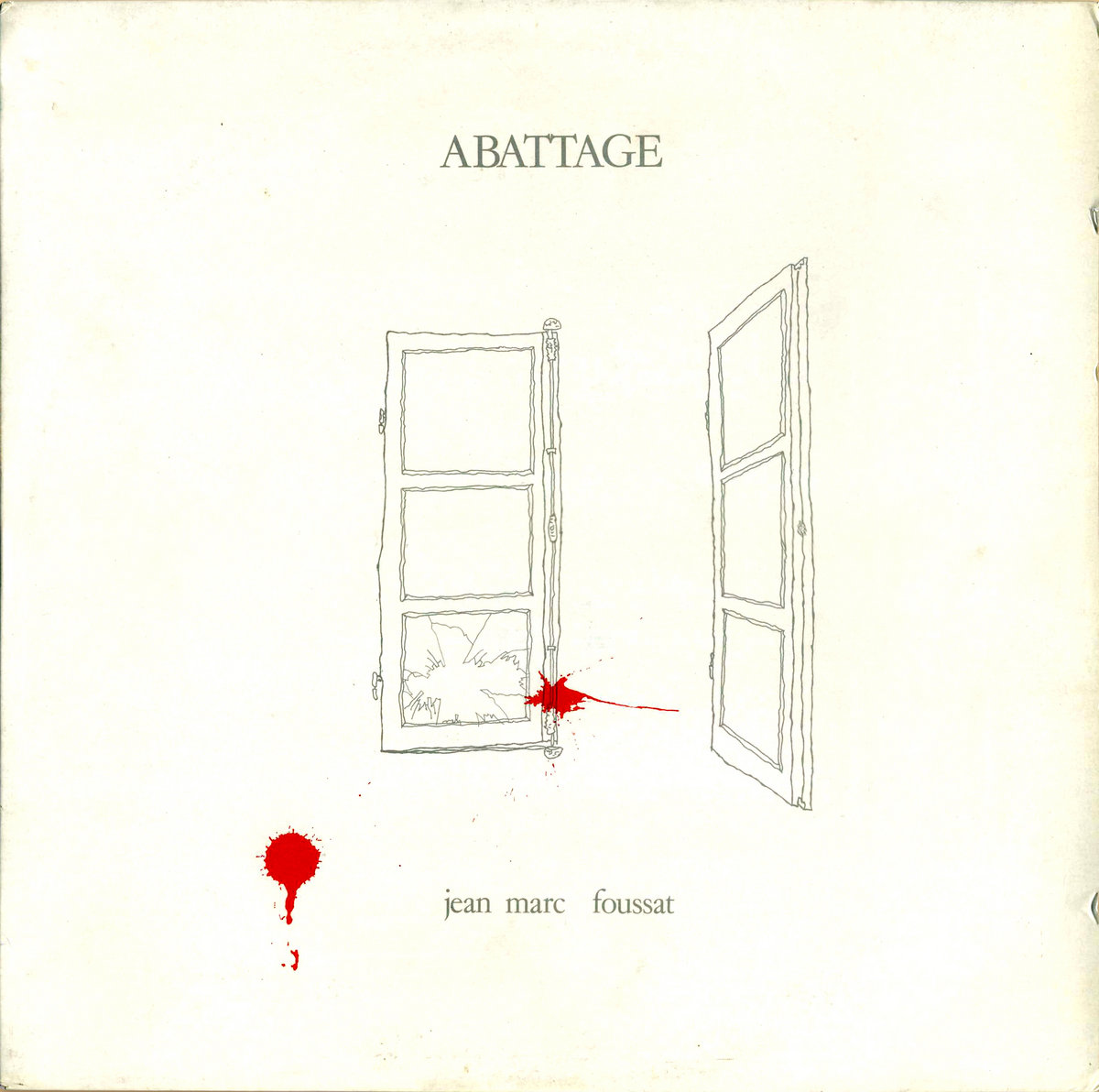
Tell us about the concept behind it?
I have never worked with any concept.
“What interests me in recording is to be as close as possible in contact with the music that is playing”
You collaborated with so many artists as a sound engineer, would you like to name some of the highlights?
I’m one of those people who think there’s no right or better records. All the recordings that I have made have been at the origin either of friendship or of great musical slaps in the face generating a friendship. At least at the beginning. What interests me in recording is to be as close as possible in contact with the music that is playing.
What can you say about ‘Nouvelles’?
As soon as ‘Abattage’ was finished I started to work on the next record which was not called ‘Nouvelles’ yet. I had the idea to make ethnic music. In fact this project took a long time to succeed, firstly because I didn’t have the means and because, having become a father, I no longer had enough time to carry it out formally. So the first version was ready in 1985, but in the end the record was only released in 1999 as a “farewell gift” by Potlatch, then reissued in 2020 in a version more in line with what I had dreamed of originally.
I really enjoyed your collaboration with Noël Akchoté and Roger Turner that resulted in the release of ‘Acid Rain’.
Thank you! After my depression, which I talked about in a previous question, I completely stopped performing on stage. That was in 1977. I didn’t really start playing outside my home again until 1992 when the group Marteau Rouge was formed with Jean-François Pauvros and Makoto Sato. To tell the truth Makoto was my neighbor and we had started playing together in his cellar and it was by chance that Jean-François played with us. He told us that he had finally found a new group (after Catalog nothing was really presented that satisfied him) where he could play the guitar. Marteau Rouge began its existence. This group still lasted 25 years before dissolving itself. For almost 20 years I had no other group than this one.
It was Didier Petit and Noël Akchoté who one day openly made fun of me by telling me that they would like to hear me in a context other than that of the Marteau and who therefore precipitated the moment when I allowed myself to play with other people.
Later, Noël accepted my proposal to play three concerts as a trio with Roger Turner, who had been a friend since 1980… The second, taken in its entirety, became Acid Rain, thanks to Stéphane Berland who believed in it and who, completely kindly, produced for me this first “free” disc.
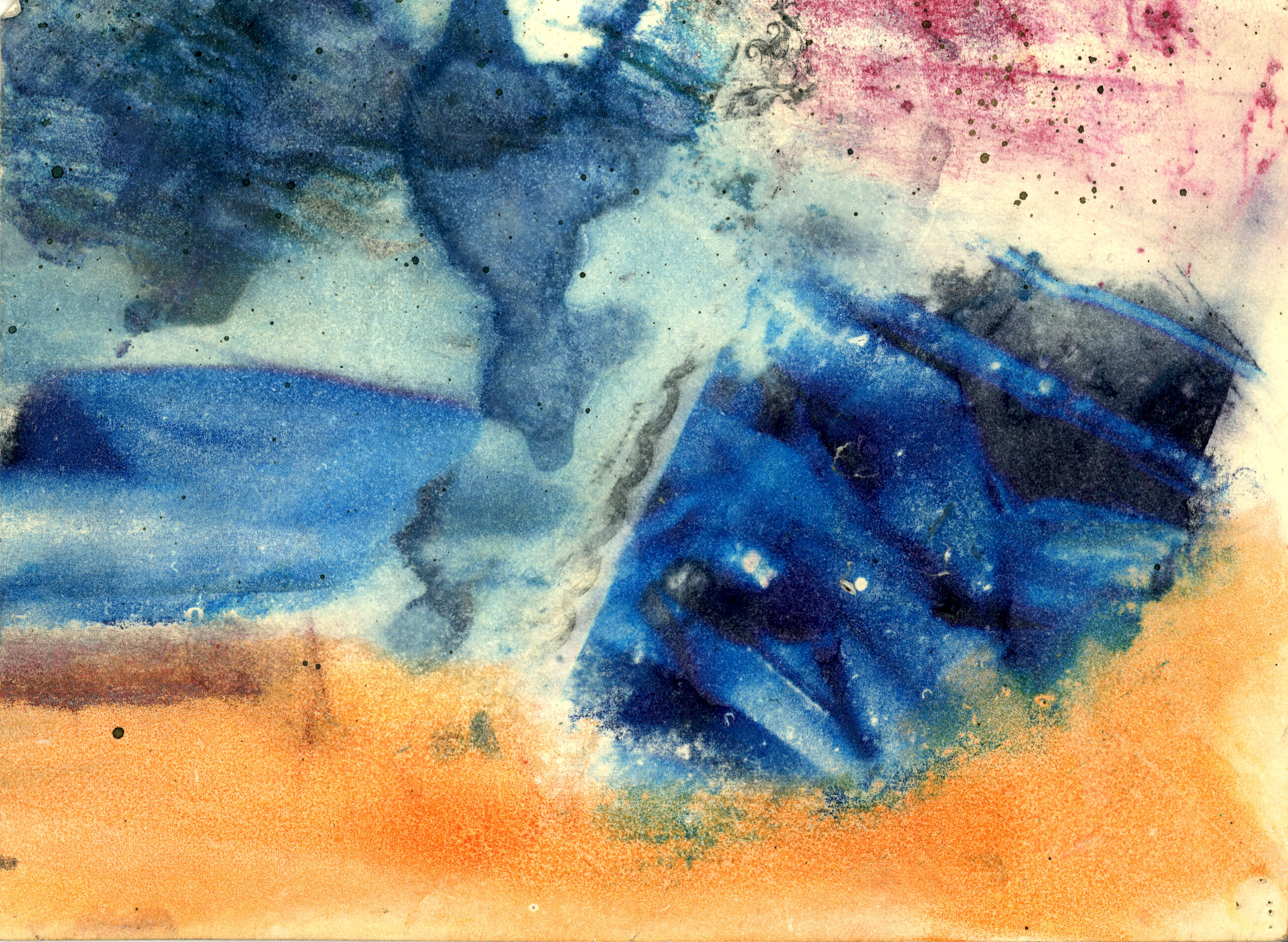
You co-founded Potlatch label with Jacques Oger and participated in its activity from 1997 to 2002. Tell us about the experience.
Thanks to Jacques Oger, I learned with him practically all the necessities of life in a record company.
You have some exciting new releases… Tell us about it.
Fou Records was born from a binding obligation. I had procrastinated too long and a terribly unforeseen disaster abruptly interrupted this. Fou Records started when my second son committed suicide. He always told me: “Daddy take care of what you do, your music, your photos, your engravings, stop letting yourself go.” I hadn’t really listened until then, or probably not enough… but death is final and the lack of a loved one, gone forever, is absolutely cruel. I haven’t been quite the same since and even if it’s not always easy, I do things as they arise and avoid postponing what I must do immediately. Forget the concepts and only do what dictates the necessities of the heart. So no Fou record is better or worse than the others, and I love them all for different reasons… some are a bit similar, always moving. Just released 5 CDs, two trios in which I participate, an unreleased one that I recorded a long time ago, the re-edition of an untraceable disc by my friend Daunik Lazro, and the first solo disc of a friend, Emmanuel Cremer. There will be three new vinyl records; a personal record of classic solos, a Daunik record in trio with Sophie Agnel and Olivier Benoit which is particularly close to his heart, and a very special thing which is my 8 ½ staff. It took almost two years to develop and which is in my opinion more poetry than a record strictly speaking.
Do you have any future plans?
I would like to write a book of philosophy and politics for children. To continue to meet people whose existence I do not yet imagine, to continue to become aware of everything I can. And share what I think I know somehow with the people I love, and love, love, love…
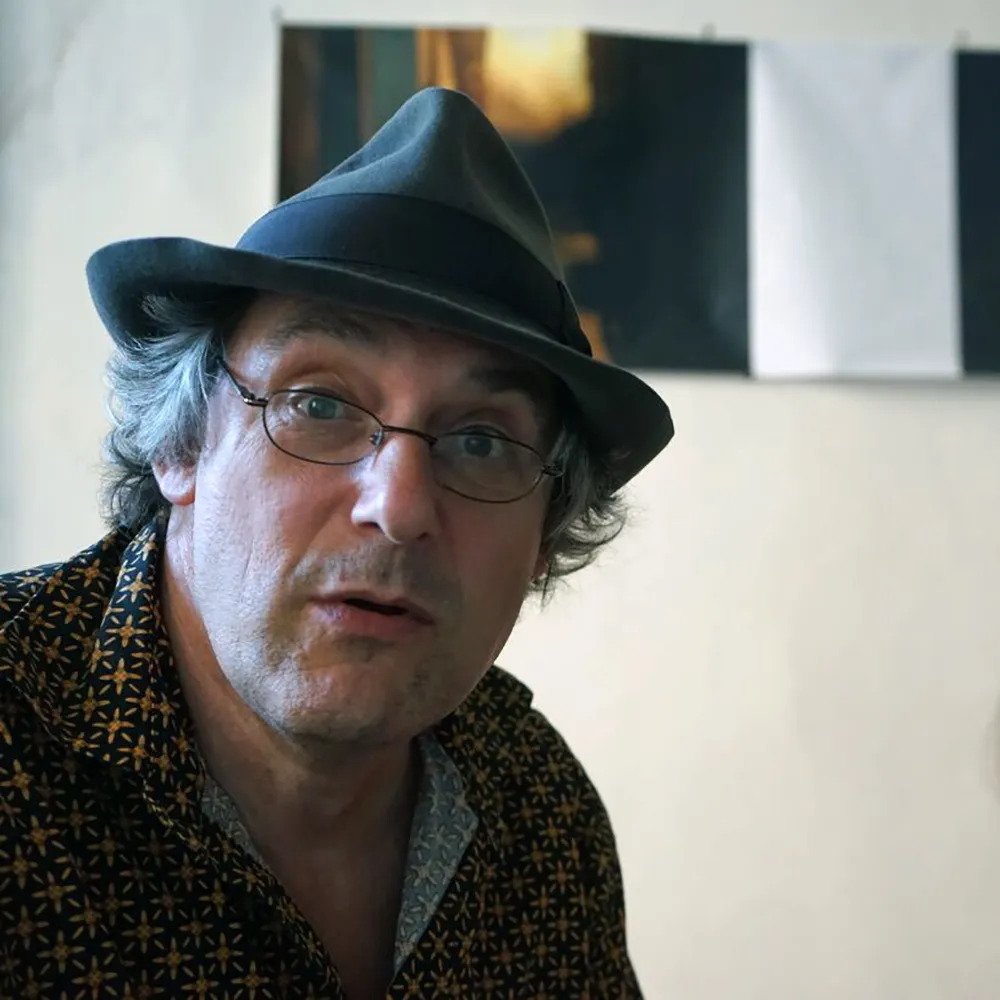
Thank you for taking your time. Last word is yours.
Life is beautiful when you accompany it and you immediately lose this beauty as soon as you don’t want to live. As my old mother always told me, “Money is shit.” Many laughed at her as she had little, but they have forgotten that she still said the same thing just before her death.
« Comme elle allait bientôt mourir, elle ne pouvait pas mentir. » Brigitte Fontaine
Klemen Breznikar
Jean-Marc Foussat Official Website / Facebook / Bandcamp
Fou Records Official Website

